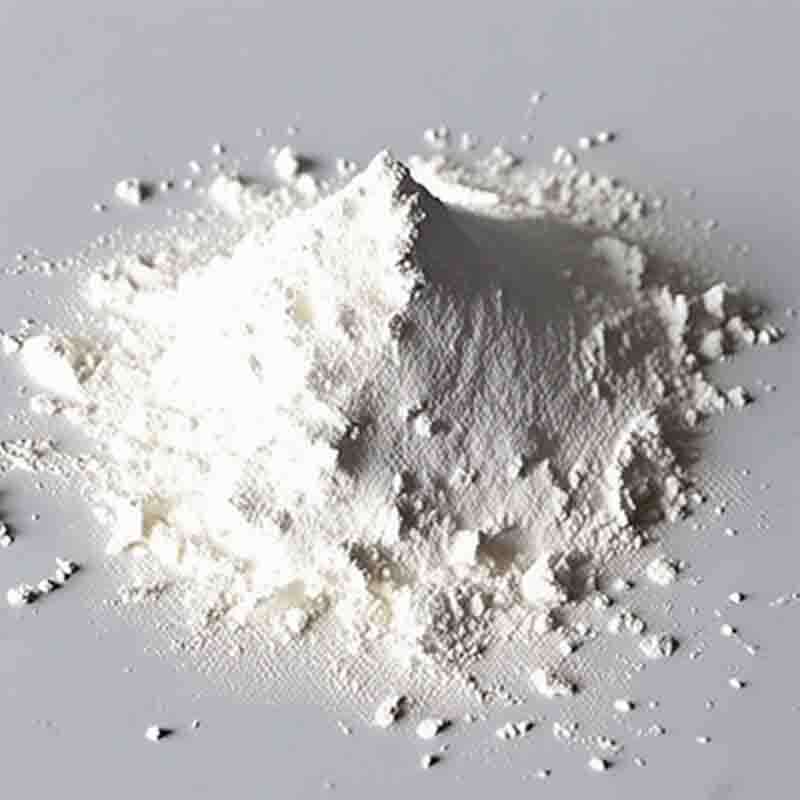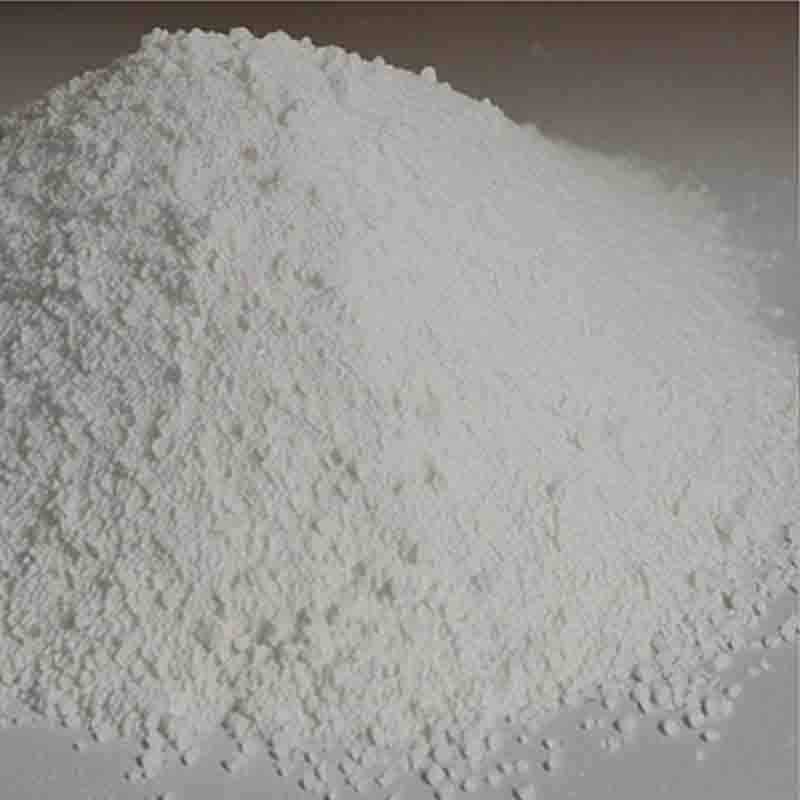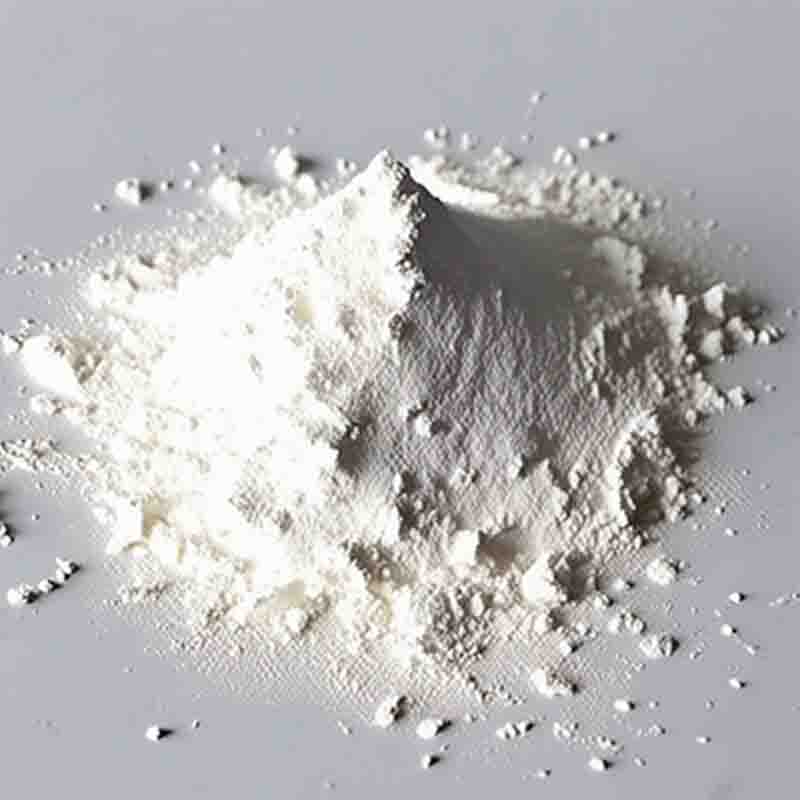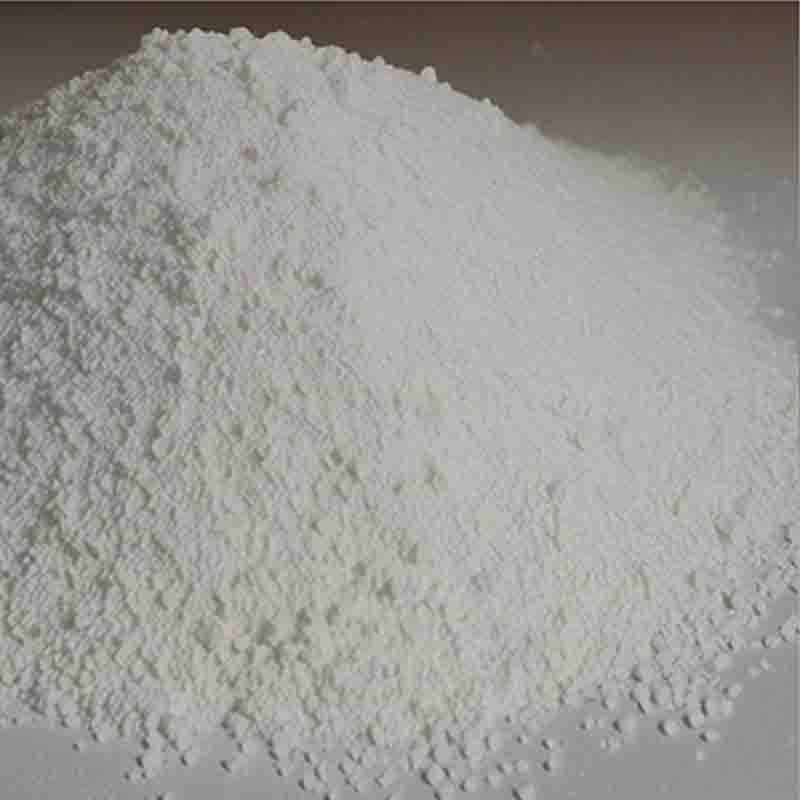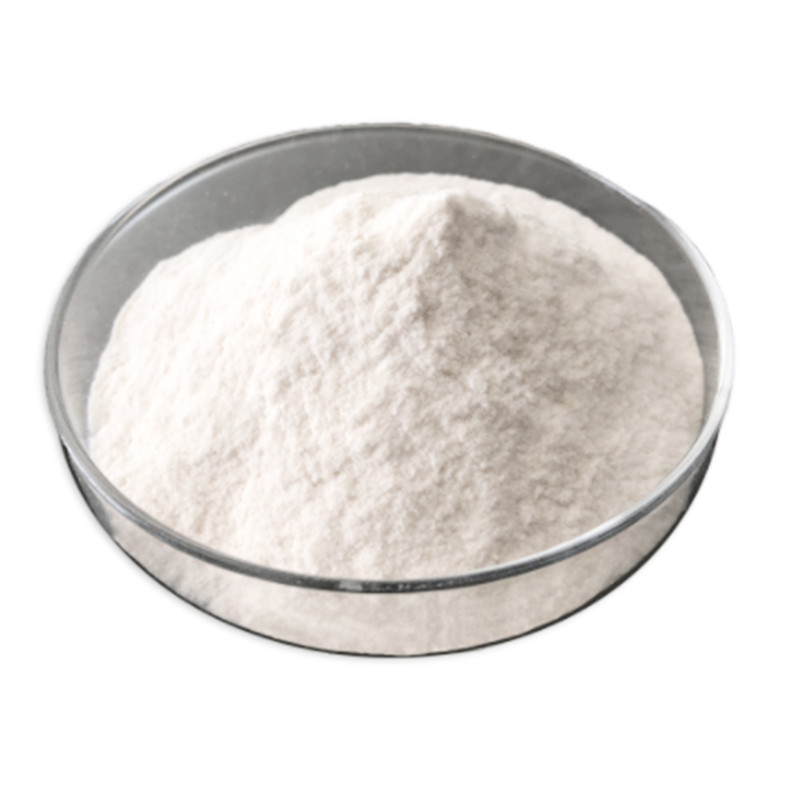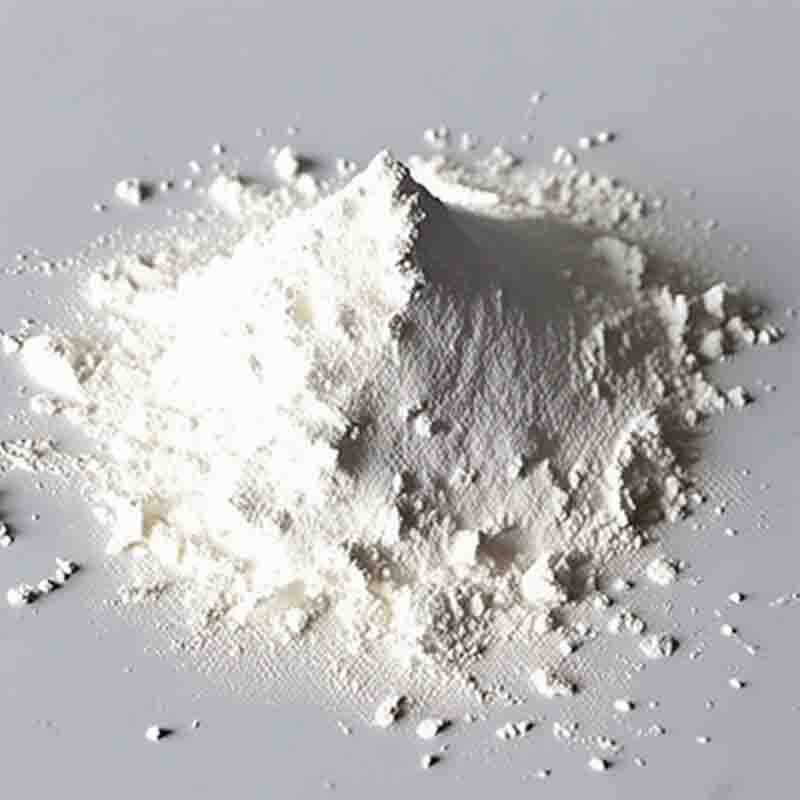N-Boc-D-proline CAS:37784-17-1
| Catalog Number | XD95751 |
| Product Name | N-Boc-D-proline |
| CAS | 37784-17-1 |
| Molecular Formula | C10H17NO4 |
| Molecular Weight | 215.25 |
| Storage Details | Ambient |
Product Specification
| Appearance | White powder |
| Assay | 99% min |
N-Boc-D-proline is a chemical compound that has significant effects in various fields, including medicine and organic chemistry. Here are some potential effects of N-Boc-D-proline:Pharmaceutical Applications: N-Boc-D-proline is widely used in pharmaceutical research and drug development. It is commonly utilized as a building block in the synthesis of peptide-based drugs. Peptides, which are short chains of amino acids, have emerged as important therapeutics for various diseases. N-Boc-D-proline serves as a critical component in the assembly of these peptides, contributing to the development of novel drugs targeting conditions such as cancer, diabetes, and cardiovascular diseases.Protein Structure Studies: N-Boc-D-proline, in its modified form, can also be employed in protein structure studies. It is often incorporated into peptides to induce conformational changes in proteins. This allows researchers to investigate protein folding, stability, and interactions, providing insights into their structure-function relationships. These studies are crucial for understanding disease mechanisms and designing targeted drugs.Biological Activity Modulation: N-Boc-D-proline derivatives have shown diverse biological activities that can be leveraged for therapeutic purposes. For example, certain derivatives have exhibited anticancer properties by interfering with tumor cell growth and inducing apoptosis. Others have demonstrated anti-inflammatory effects by suppressing the release of pro-inflammatory molecules in various disease models. The modulation of biological activity by N-Boc-D-proline derivatives sets the stage for further exploration of their potential as therapeutic agents.Protection during Chemical Synthesis: The N-Boc (tert-butoxycarbonyl) protective group in N-Boc-D-proline is invaluable in organic synthesis. It shields the amine group of proline, preventing unwanted reactions or side-chain modifications. This protection allows chemists to selectively modify other parts of the molecule without affecting the proline residue. N-Boc-D-proline has proven particularly useful in the peptide synthesis pipeline, facilitating the creation of complex and diverse peptide structures.Pharmacokinetic Optimization: N-Boc-D-proline derivatives have been utilized to improve the pharmacokinetic properties of drug candidates. Incorporating N-Boc-D-proline into small molecule drugs can enhance their water solubility, oral bioavailability, and metabolic stability. Additionally, proline derivatives can increase the permeability of drugs across biological membranes, enhancing their delivery to target tissues.It is worth noting that these effects are based on scientific research and may not be exhaustive. Further investigation is necessary to explore the full range of N-Boc-D-proline's effects and potential applications. Furthermore, caution must be exercised when handling N-Boc-D-proline and its derivatives, as they may pose certain health and safety risks if mishandled.




